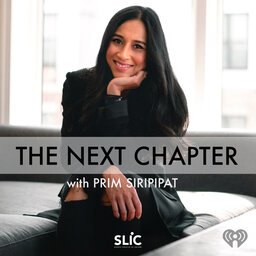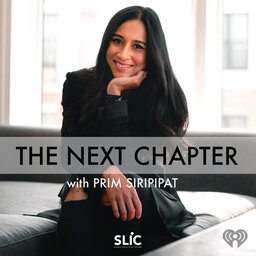TNC Best Of with Greg Oden
Prim Siripipat sits down with former NBA player and 2007 No. 1 overall pick, Greg Oden, to discuss the highs and lows during his athletic career. Greg discusses his childhood and the influential forces that nudged him toward basketball, including his parent’s divorce, moving from New York to Indiana as a child, and his “uncomfortable” height.
Oden speaks candidly about his seven surgeries, the burden of carrying Portland’s expectations, and how he relied on substance use, including alcohol, to numb all his physical and emotional pain.
The typically soft-spoken and private athlete steps forwards to share his story so younger athletes recognize the value of getting help, which he acknowledges comes in all shapes and sizes.
 The Next Chapter With Prim Siripipat
The Next Chapter With Prim Siripipat


